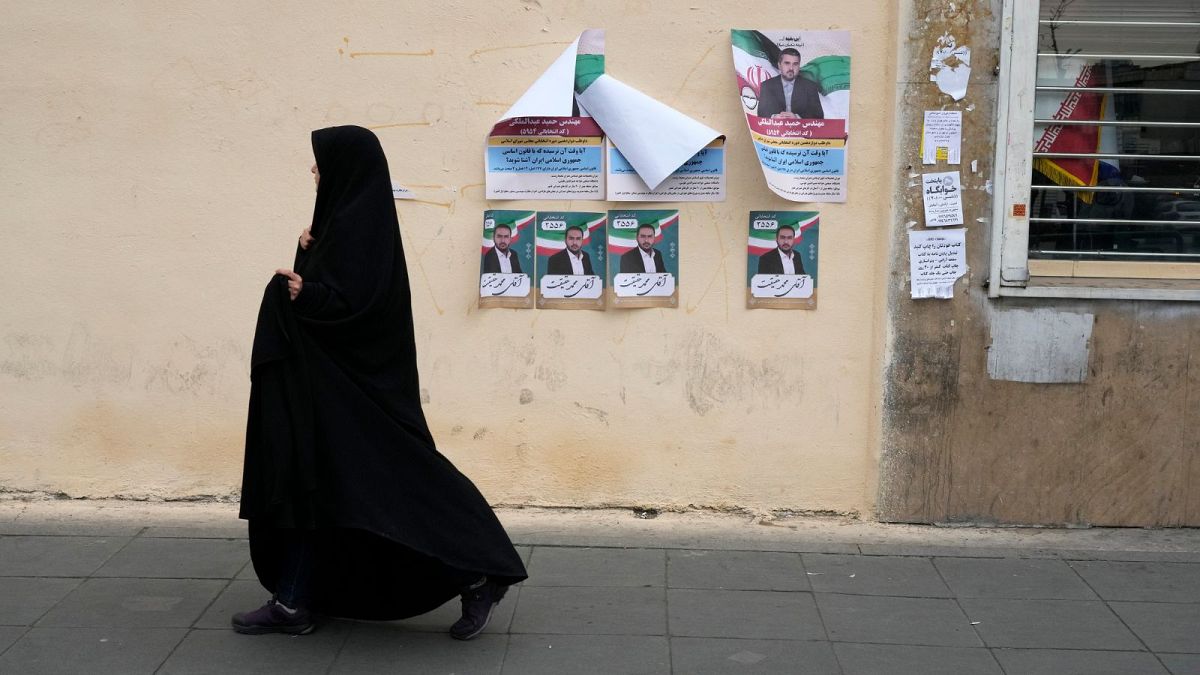Iran continues to execute ‘Woman, Life, Freedom’ protesters as Western countries fail to exercise the same pressure on the country’s government they did in late 2022 and early 2023.
The nationwide mass protests sparked by the death of Iranian woman Mahsa Amini in September 2022 have been followed by the second-highest number of executions in the country in more than 20 years, according to a recent report.
The 2023 annual report on the death penalty in Iran by the NGO Iran Human Rights found that there were a total of 834 executions last year in the country, representing a 43% increase from 2022. Only 15% of these executions were announced by authorities, while 85% were not reported by official sources.
Eight protesters were among the executed last year, six of whom were arrested in relation to the “Woman, Life, Freedom” protests. According to Iran Human Rights, they were sentenced to death in “grossly unfair trials without due process.”
The unfairness and arbitrariness of the trials involving protesters in Iran was also previously condemned by Amnesty International, among others.
According to the authors of the report, the execution of protesters in Iran is no longer eliciting the same level of attention and outrage from Western media and leaders that it did in the first half of 2023 before other events - like the war in Gaza - took place. Iranian authorities are taking advantage of the world’s distraction to increase the number of executions, they wrote.
The average number of daily executions rose from two people before the onset of the war in Gaza to an average of 3-4 executions per day during the war, according to the report.
“The Iranian regime uses the death penalty to prolong its survival. We are dealing with a regime that is oppressive, corrupt and incompetent to solve people’s daily problems,” Iran Human Rights Director, Mahmood Amiry-Moghaddam said in a press release commenting on the report.
“Instilling societal fear is the regime’s only way to hold on to power, and the death penalty is its most important instrument. Increasing the political cost of the executions by international pressure can slow down the regime’s killing machine. The inconsistency in the international community’s reaction to the executions in Iran is unfortunate and sends the wrong signal to the authorities.”
At least 471 people were executed for drug-related charges - up from 256 in 2022 and 126 in 2021. According to Iran Human Rights, those executed for drug charges belong to “the most marginalised communities in society, and ethnic minorities, particularly the Baluch.”
At least 282 executions were linked to murder charges. One man was executed for adultery charges - the first time this happened in Iran in 10 years. At least two of those executed were minors, the report writes - a violation of international law.
Last year also see the number of public hangings in Iran triple compared to 2022, for a total of seven people hanged in public spaces, including a beach park.
